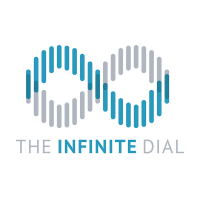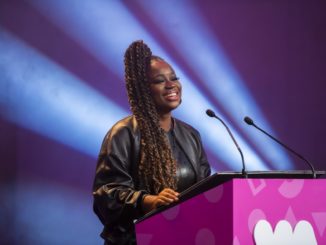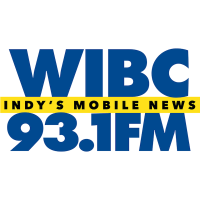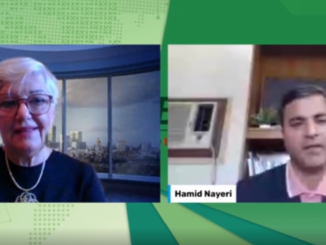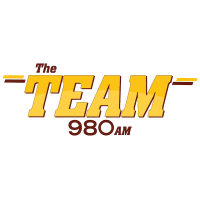The first session of the ongoing ABU Digital Broadcasting Symposium 2022 was on the latest industry developments and standards update.It was moderated by Hamid Dehghan Nayeri, ABU Technical Committee Chairman and Director, International Technical Affairs & ABU Technical Liaison Officer, IRIB-Iran.It included presentations by Lindsay Cornell, Principal Systems Architect, BBC Digital, Chair, WorldDAB Technical Committee and Ruxandra Obreja, Chairman, DRM Consortium.Cornell’s presentation was titled DAB+ Global Update and Developments. He spoke about DAB+ establishing itself as the core future platform for radio in Europe, which is also influencing regulation in the EU. European Electronics Communications Code (EEEC) has made it compulsory for all new cars in the EU to have digital terrestrial radio and it has become a standard feature in majority of new cars. Outside EU also there is a lot of interest and activity with DAB well established in Australia, and trials going on in South East Asia, North Africa and Middle East.He also discussed the role of WorldDAB Asia Pacific Technical Group, which is dedicated to assisting the broadcast industry in APAC region implement DAB+. Its primary focus is to help people learn from others’ experiences on DAB+ adoption process, planning, design and network construction.Highlighting the energy efficiency aspect of DAB over analog broadcasting, he said it’s 33 percent more efficient than FM. For broadcasters, it preserves the core strengths of traditional radio. It’s free to air, there are no gatekeepers, no one is controlling access to information and it’s reliable in times of emergency.This year, its Hybrid radio Service and Programme Information specification has been updated to enhance the user experience. In cars it offers enhanced Voice Control Assistance with alternative names for radio stations and programme names along with Phoneme support and more metadata.Ruxandra’s presentation, DRM-Smart Radio Enhances Lives, began by showing how DRM serves all coverage needs across bands and territories.“Radio is local, national, global, simple technology and mobiles and smart speakers have not killed radio, they have enhanced and also spurned radio to do better,” she said.She quoted many leaders from Asia Pacific region who see radio as very relevant and crucial.DRM offers both conventional audio and data services. It can deliver free-to-air information and education to everybody without the need for internet, making it ideal for distance education.She presented the DRM Radio School user experience which offers live sessions with a teacher as scheduled audio programmes. One can go to the radio screen, choose the audio school, language, subject and chapter and also ask questions which would be answered the next day.DRM Consortium is currently partnering with a school in West Africa on a pilot showcasing DRM School in action. […]
